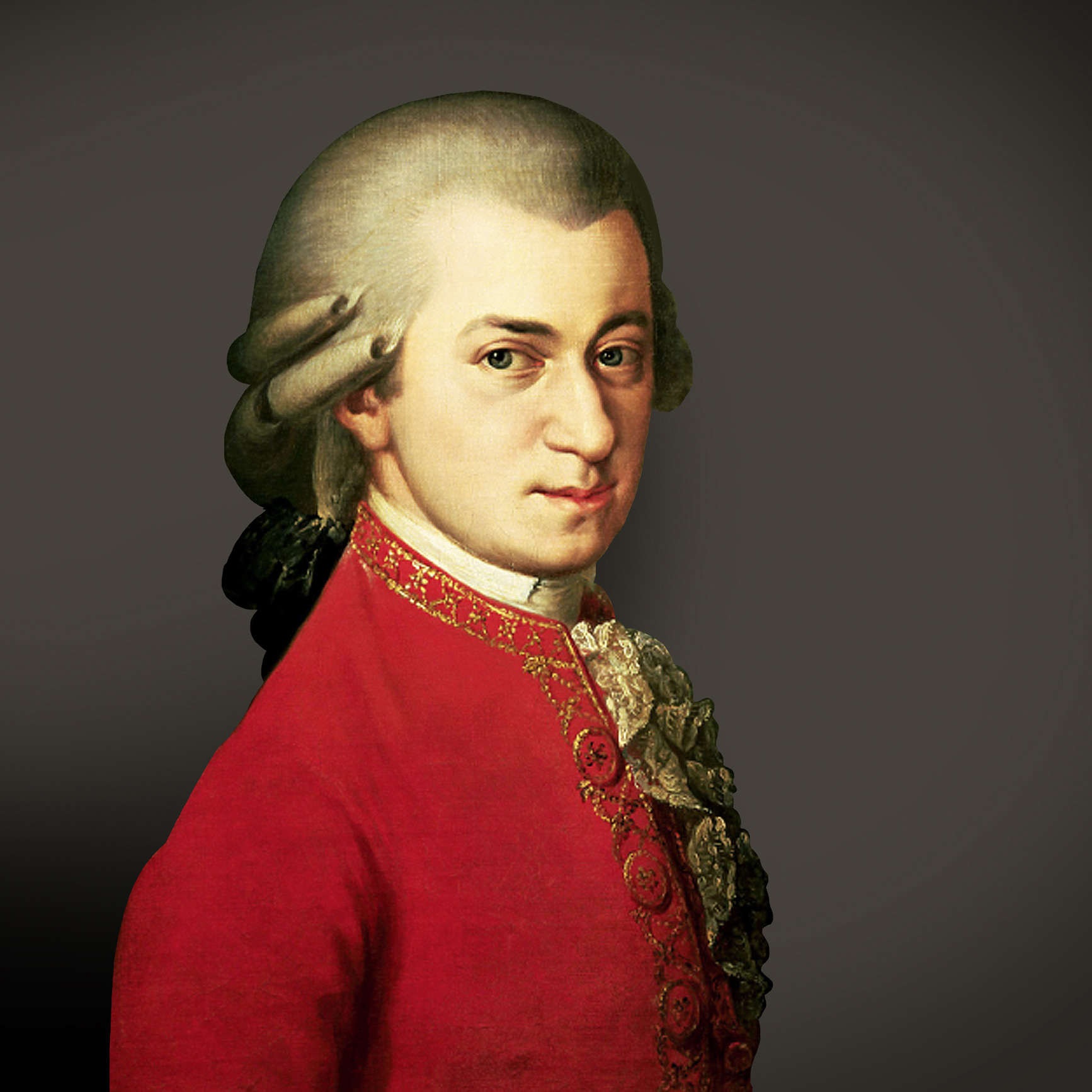- Main page
- Vīnes klasika. Volfgangs Amadejs Mocarts.Rekviēms

Vīnes klasika. Volfgangs Amadejs Mocarts.Rekviēms
PARTICIPANTS
Laura Teivāne, soprano
Laura Grecka, mezzosoprano
Mati Turi, tenor
Rihards Millers, baritone
Rīga Dome Boys’ Choir
Sinfonietta Rīga
Mārtiņš Klišāns, conductor
The Requiem by Wolfgang Amadeus Mozart is surrounded by legends and stories, and it has become the musical will of the Austrian genius. It was the last opus begun by the composer, with masterful elements during the sunset of the age of Classicism. He merged tones from Baroque and Classicist music and the hardly evident and fragile sounds of Romanticism. The funeral mass was commissioned by a stranger in honour of his deceased wife, but at that time, in the summer of 1791, Mozart was working on the operas “The Magic Flute” and “The Clemency of Tito,” and perhaps the composer did not know that the mass would become his swan song. Shortly before his death, he and his friends sang the lyrics of the completed Requiem aeternam and performed melodic lines from other movements, with some of the accompanying basso continuo line. Mozart did not finish work on the major opus, and his contemporary, the Austrian composer Franz Süssmayr, completed work on it on the basis of sketches that Mozart had left behind.
Mozart’s major composition was not the only funeral mass to be composed during the age of Classicism. 13 years after the death of the composer, another requiem was composed by his older colleague, the distinguished chapel master of the royal court at Vienna, Antonio Salieri. His image was oppressed for a long time by claims that he had caused Mozart’s death. The clarity and harmony of Mozart’s music, however, has survived the test of time for more than two centuries, and his Requiem is among the world’s best known and beloved opuses of classical music. It can calm our hearts, forgive us and heal us.
